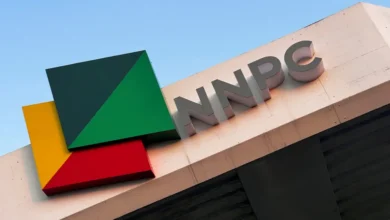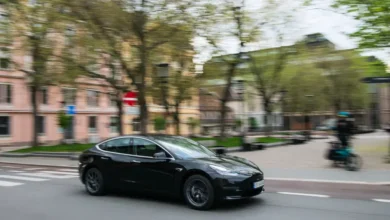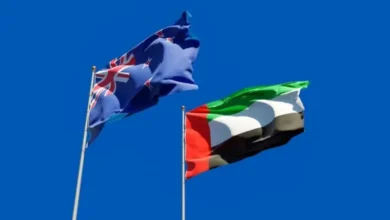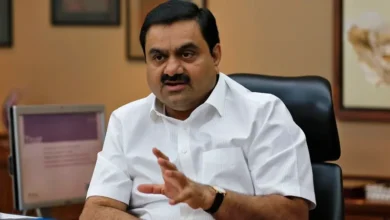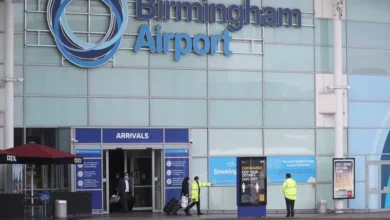Mobile firms face £3bn claim for overcharging

Millions of UK consumers could receive payouts after a legal claim was launched against mobile phone networks.
Consumer champion Justin Gutmann alleges Vodafone, EE, Three and O2 overcharged customers for phones beyond the end of their contract.
He is seeking damages of more than £3bn on behalf of 4.8 million people.
Responding, EE called the claim “speculative”, while O2 said it hadn’t been contacted.
Vodafone said it didn’t have sufficient detail for its legal team to assess, and Three declined to comment.
The “Loyalty Penalty Claim” – which is being filed with the Competition Appeal Tribunal – is being brought on behalf of consumers who bought contracts made up of a mobile phone and services like data, call minutes, and texts.
Mr Gutmann, a former executive at Citizens Advice, estimates that 28.2 million UK mobile phone contracts could be affected from 2007.
If the claim is successful, someone who had contracts with just one of the mobile operators could get more than £1,800, he estimated.
Mr Gutmann said when the contracts were initially agreed, the cost of repayment during the minimum term of the contract – which is typically 24 months – included both the cost of the mobile and the use of services.
He alleged that the UK’s four biggest network operators and their parent companies did not reduce the amount they charged customers once their minimum contract term ended – despite the fact that consumers had already paid for their mobile handsets.
This meant existing customers were charged for something they had already paid for, and that they were charged more than a new customer on, for example, a Sim-only deal, he added.
“If our claim is successful, it will finally stop these firms from taking advantage of their loyal customers and stop the immoral practice of loyalty penalties,” Mr Gutmann said.
It is an opt-out claim, which means qualifying consumers would be automatically included on the claim for free unless they follow specific steps to opt out, according to Mr Gutmann.
A spokesperson for EE said the firm “strongly disagree with the speculative claim being brought against us”.
“EE offers a range of tariffs and a robust process for dealing with end of contract notifications. The UK mobile market is highly competitive space with some of the lowest pricing across Europe,” the spokesperson said.
Vodafone told the BBC: “This has just been brought to our attention and we don’t yet have sufficient detail for our legal team to assess.”
An O2 spokesperson said that to date “there has been no contact with our legal team on this claim”.
“However, we are proud to have been the first provider to have launched split contracts a decade ago which automatically and fully reduce customers’ bills once they’ve paid off their handset,” the spokesperson added.
The firm said it had been campaigning on this issue since May and has called on other operators to introduce changes that would prevent consumers overpaying for smartphones they already own.

It’s something Jack Drury, 27, from St Albans, experienced earlier this year.
He told the BBC he is “delighted” with the claim.
“For many of us, a monthly fee is the most affordable way of accessing tech. But it should be clear what proportion of that fee is repaying a device, and what is paying for the mobile services,” he said.

